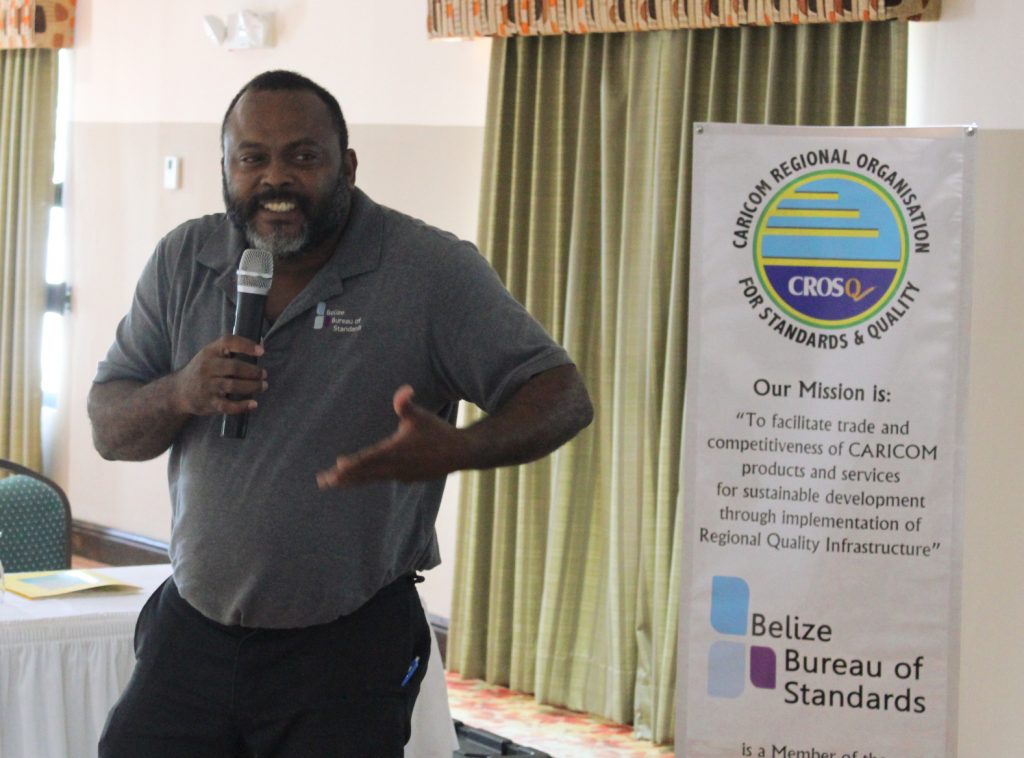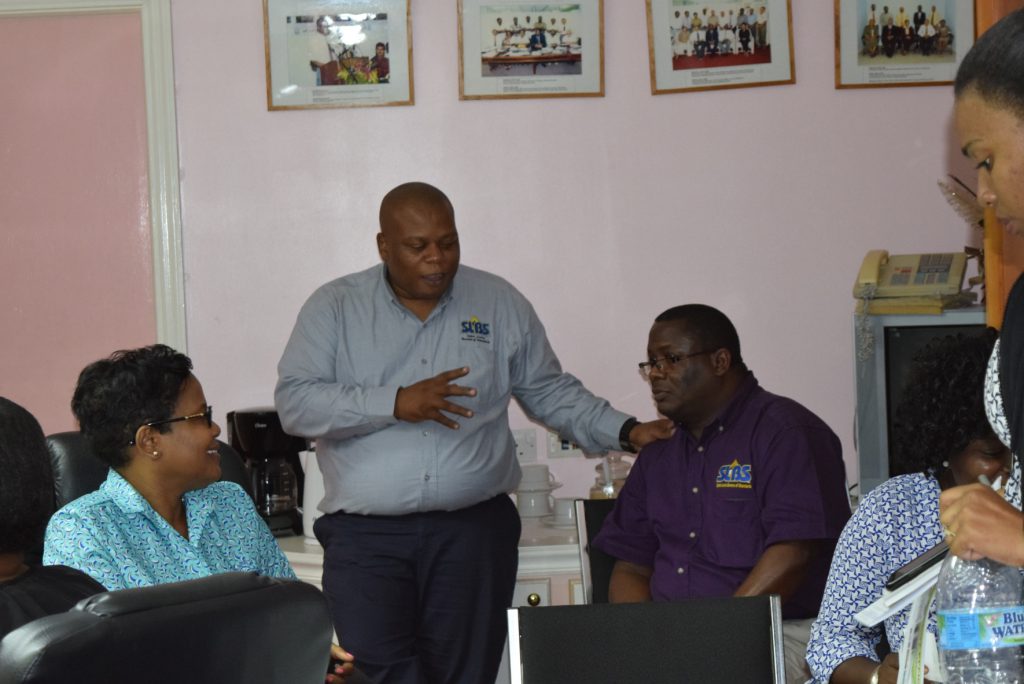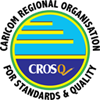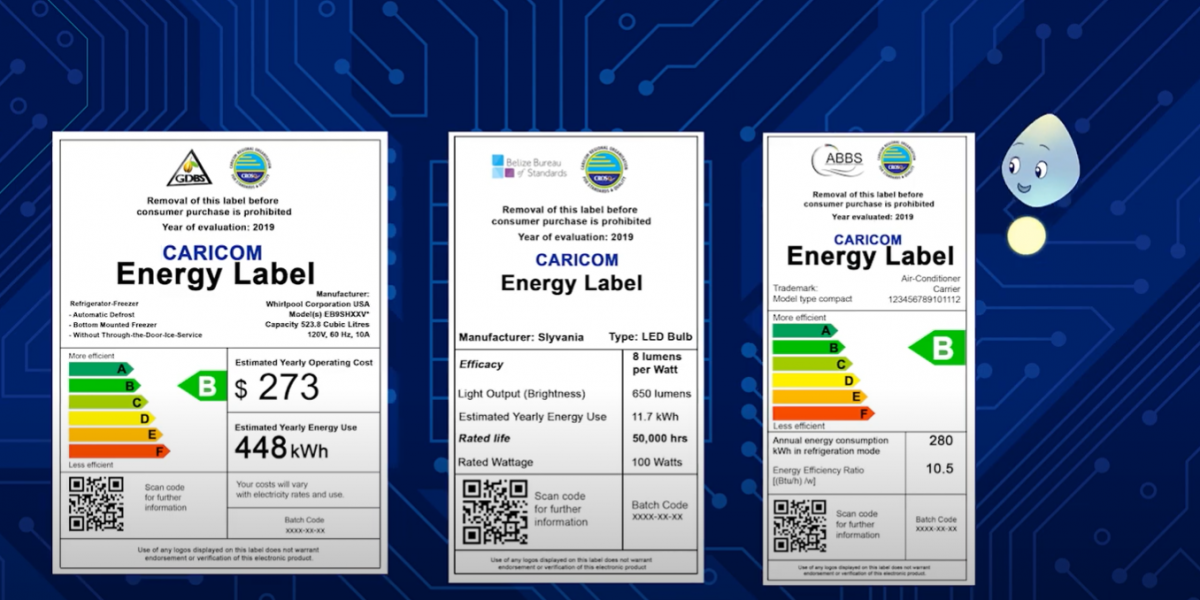What is the Regional Energy Efficiency Labelling Scheme?
The CARICOM Regional Energy Efficiency Labelling Scheme is an approach, crafted by CROSQ under the mandate of COTED, to respond to the high energy costs and usage within CARICOM. Energy efficiency is the approach being utilized, in this instance, to encourage the region’s populations to be more involved in the choices they make in using energy for things like lighting, refrigeration and cooling. The scheme is based on the implementation of minimum energy performance standards and labelling requirements for LED and CFL light bulbs, refrigerators and air conditioners. It involves the creation of labels for each electrical device indicated, which will be used by stores in the retail of these items.
To start, the scheme will be a pilot involving select countries – Belize, Jamaica, Saint Lucia and Trinidad and Tobago. In some cases, the countries will be piloting the labels and their use on the electrical appliances on a voluntary basis with interested retailers. In other cases, countries will serve as testing centres for the appliances, testing against the specifications of the standards which are tailored for our region.
When will this Labelling Scheme begin?
The summary launch occurred in 2019 with countries committing to work towards the full implementation of the piloting of this scheme. What that meant was that each country gave its commitment to continue working to put in place all the frameworks and other logistics necessary for a smoothly operating regional scheme. Belize, which will be piloting the labels, is advanced in its preparations; Jamaica, which will be a testing centre for the refrigerators and air conditioners, is continuing to work to streamline the process nationally; Saint Lucia, which will likewise pilot the labels, is also fine-tuning its procedures and logistics, and Trinidad and Tobago, a testing centre for lights, was being assisted with training and other technical assistance to ensure it testing infrastructure is working.


It is hoped by 2021, some aspects of the scheme will officially be launched as the piloting of the labels begin on a voluntary basis, and thereafter the full logistics are finalized. By 2022, it is hoped that the logistics and other technical aspects for the piloting states will be completed and the pilot used as an example of what other CARICOM countries can do to implement the scheme as well.
What are the next steps?
There are currently studies being conducted with the CARICOM Member States to determine their state of readiness for implementation of such an EE scheme and what measures would be necessary to put in place to bring them to the point of implementation. Armed with this information, CROSQ and other partners who are delving into this issue of energy sustainability for our region can better plot the path to where countries have all implemented similar regimes to begin or further their foray into the area of energy efficiency nationally.
Additionally, CROSQ, with partner funding, is also managing technical assistance to the piloting member states to help them plot their procedures or the implementation of the scheme. One of the key elements to the success of the Labelling Scheme will be the procedures and protocols for the movement of appliances for testing, as well as those that will determine where and how the CARICOM Energy Efficiency (CEE) Labels will be applied to the relevant electrical appliances. Countries have been working tirelessly to get to the point of launching the actual pilot of the scheme and these procedures will help accelerate that process.

